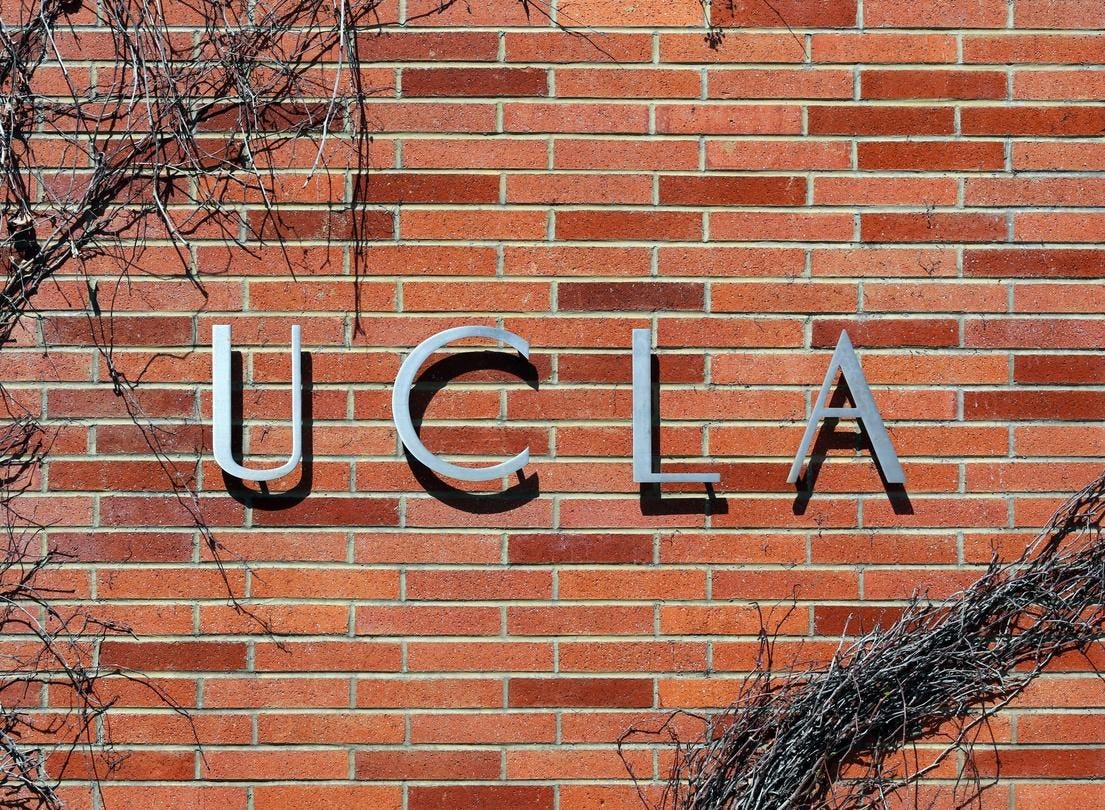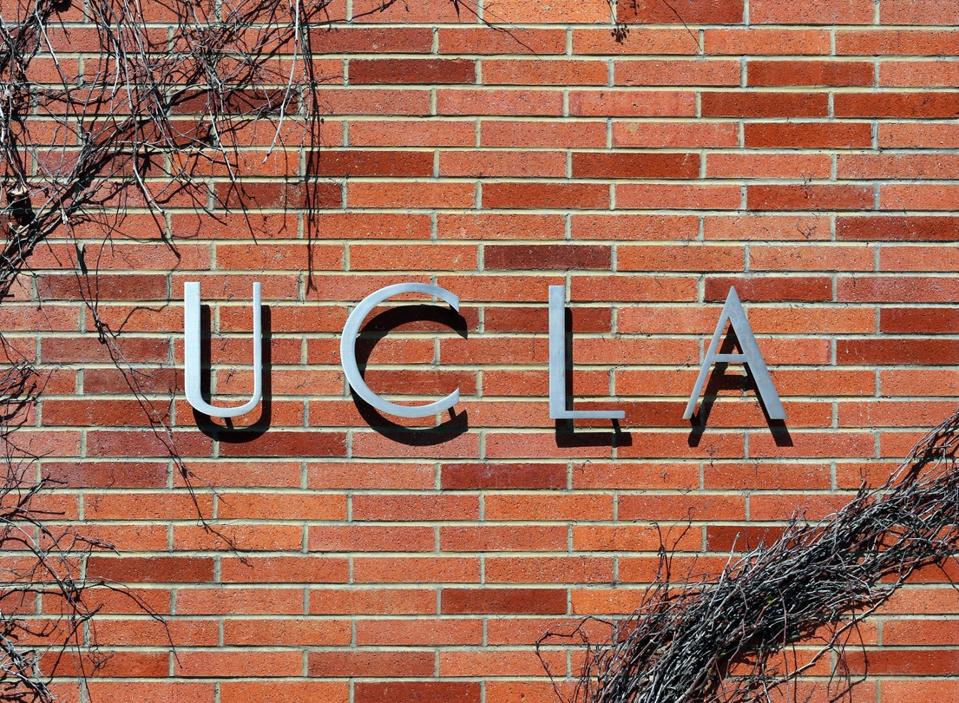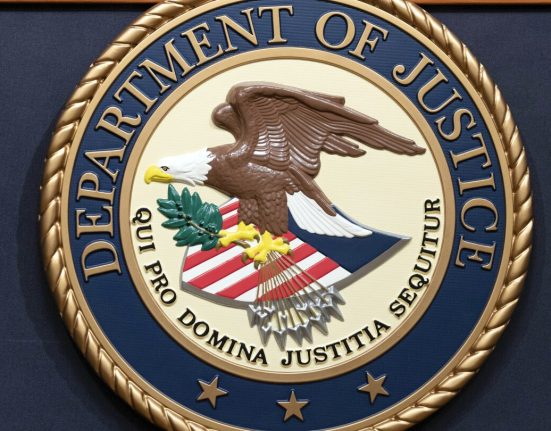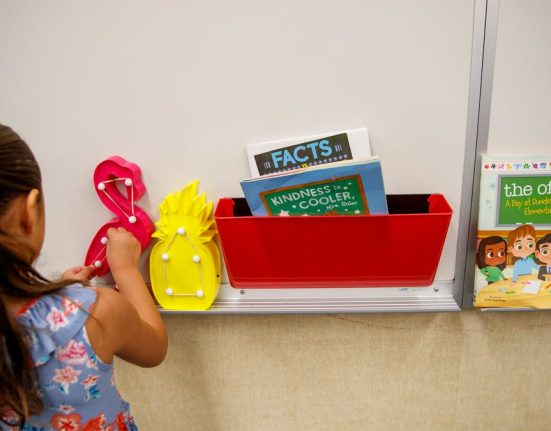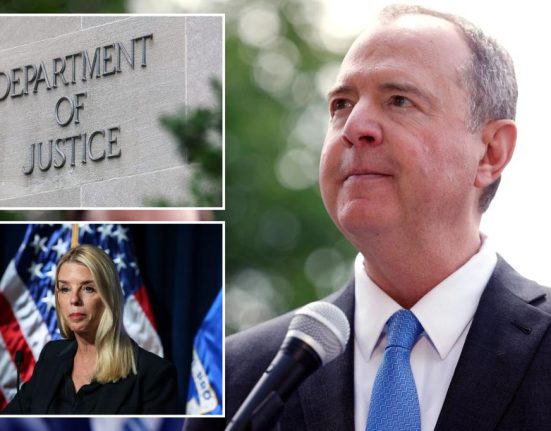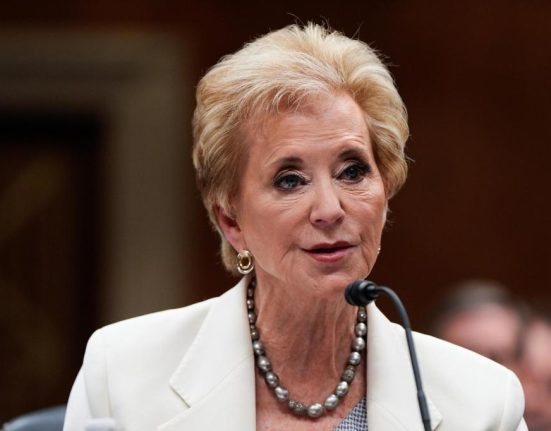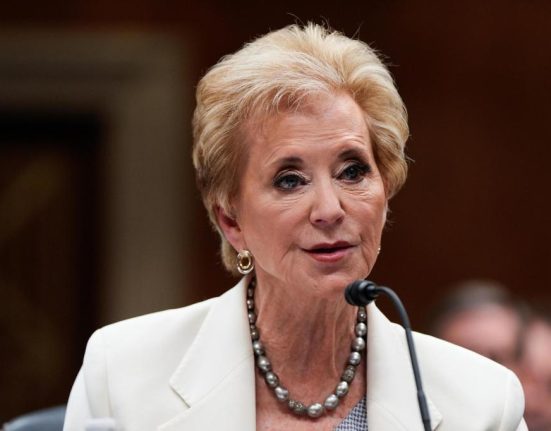The University of California, Los Angeles has become the latest target in the Trump administration’s growing campaign against leading research universities.
getty
The University of California, Los Angeles has been notified by the Trump administration that millions of dollars in federal research funding from the National Science Foundation, the National Institutes of Health, and other agencies have been frozen by the government.
Hundreds of grants are apparently at risk in this latest example of President Trump’s campaign against the nation’s elite universities over what his administration alleges are numerous examples of antisemitism and violations of civil rights law.
Up until now that strategy has largely focused on private Ivy League universities like Harvard, Columbia, Brown and the University of Pennsylvania. But now, it’s taken a westward turn with UCLA as the first target, but with the suggestion that other campuses in the UC system will also be affected in the future.
In a letter to the “Bruin community” announcing the government’s action, UCLA Chancellor Julio Frenk wrote that the suspended research funds represented “not only a loss to the researchers who rely on critical grants. It is a loss for Americans across the nation whose work, health, and future depend on the groundbreaking work we do.”
Frenk did not indicate in his letter how much money was involved, but the Los Angeles Times, citing a list it had gained access to, reported that about 300 NSF grants worth nearly $200 million were canceled. The total value of the grants from other federal agencies that may also have been suspended has not yet been made public.
The government’s actions come just days after the U.S. Department of Justice’s Civil Rights Division charged that UCLA violated the Equal Protection Clause of the Fourteenth Amendment and Title VI of the Civil Rights Act of 1964 by “acting with deliberate indifference in creating a hostile educational environment for Jewish and Israeli students.”
Those charges came the same day that the university agreed to pay $6.45 million to settle a lawsuit brought by Jewish students who alleged that pro-Palestinian protesters had blocked them from parts of the UCLA campus during demonstrations last spring.
As part of the DOJ announcement, U.S. Attorney General Pam Bondi accused UCLA of a “disgusting breach of civil rights against students, and she vowed that “DOJ will force UCLA to pay a heavy price for putting Jewish Americans at risk and continue our ongoing investigations into other campuses in the UC system.”
Frenk called the targeting of UCLA “deeply disappointing,” adding that “with this decision, hundreds of grants may be lost, adversely affecting the lives and life-changing work of UCLA researchers, faculty and staff.”
Frenk said that although the government claimed antisemitism and bias were the reasons for the cancelation of the funds, “this far-reaching penalty of defunding life-saving research does nothing to address any alleged discrimination.”
Frenk also insisted that “antisemitism has no place on our campus, nor does any form of discrimination,” and he said UCLA was committed to improving on that score, pointing to the “robust actions” it had already taken “to make our campus a safe and welcoming environment for all students.”
Frenk then made this personal disclosure: “My paternal grandparents left Germany in the 1930s with my father, who was 6 years old, and my aunt, who was 4. They were driven out of their home by an intolerable climate of antisemitism and hate. Members of my family who did not make that decision perished. My wife is the daughter of a Holocaust survivor, whose family was murdered in the concentration camps.”
Frenk informed the campus that UCLA’s leaders had been preparing for this situation and have developed comprehensive contingency plans.
“We will do everything we can to protect the interests of faculty, students and staff — and to defend our values and principles,” he wrote. “With the support of the UC Board of Regents and the UC Office of the President, we are actively evaluating our best course of action,” he added, before promising to “be in constant communication as decisions move forward.”

